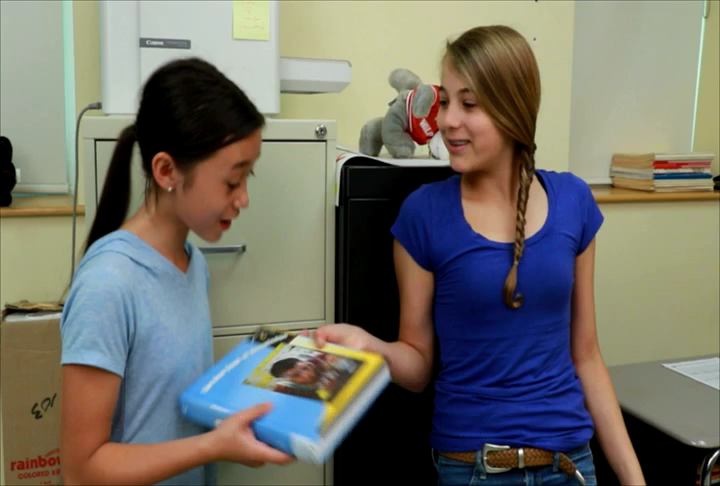Introduction
Gratitude is a foundational skill in social-emotional learning that helps students build positive relationships with their peers. Saying “thank you” is a simple yet powerful way to express appreciation and acknowledge the kindness of others. This blog post will introduce an easy-to-implement, no-prep activity for educators to teach elementary students the importance of saying thank you. Additionally, we will provide discussion questions, related skills, and next steps to further support this essential life skill.
No-Prep Activity
This activity demonstrates the importance of expressing gratitude and the impact it can have on others. It requires no preparation or materials, making it perfect for a quick and effective lesson.
- Ask the students to form pairs and assign one student as Person A and the other as Person B.
- Instruct Person A to think of a situation where someone helped them or did something nice for them. They should briefly describe the situation to Person B.
- Person B should then respond by acting as if they were the person who helped Person A, but without saying thank you.
- Ask Person A how they felt about Person B’s response. Did they feel appreciated? How could the response have been better?
- Now, have Person B respond again, this time remembering to say thank you. Discuss the difference in how Person A feels with this new response.
- Switch roles and repeat the process, allowing each student to experience both sides of the interaction.
Discussion Questions
After completing the activity, use these questions to stimulate further discussion and reflection:
- Why is it important to say thank you when someone helps us or does something nice for us?
- How does it feel when someone doesn’t say thank you? How does it affect your willingness to help them in the future?
- Can you think of a time when someone didn’t say thank you to you? How did it make you feel?
- What are some other ways we can show our appreciation and gratitude besides saying thank you?
- How can expressing gratitude contribute to building positive relationships with others?
Related Skills
Beyond expressing gratitude, there are other essential social-emotional skills that contribute to building positive relationships and fostering a supportive learning environment. Some of these related skills include:
- Active Listening: Paying close attention to what others are saying, showing empathy, and responding appropriately to their needs.
- Empathy: Understanding and sharing the feelings of others, allowing for a deeper connection and more meaningful interactions.
- Communication: Effectively expressing thoughts, feelings, and needs, while also understanding and respecting the perspectives of others.
- Conflict Resolution: Developing the ability to address disagreements and find mutually beneficial solutions.
Next Steps
Teaching gratitude and other social-emotional learning skills can have a profound impact on students’ lives, both in and out of the classroom. For more resources and activities to support the development of these essential skills, sign up for free samples at Everyday Speech. By incorporating these valuable lessons into your teaching, you can help students build strong, positive relationships and navigate social situations with confidence.






